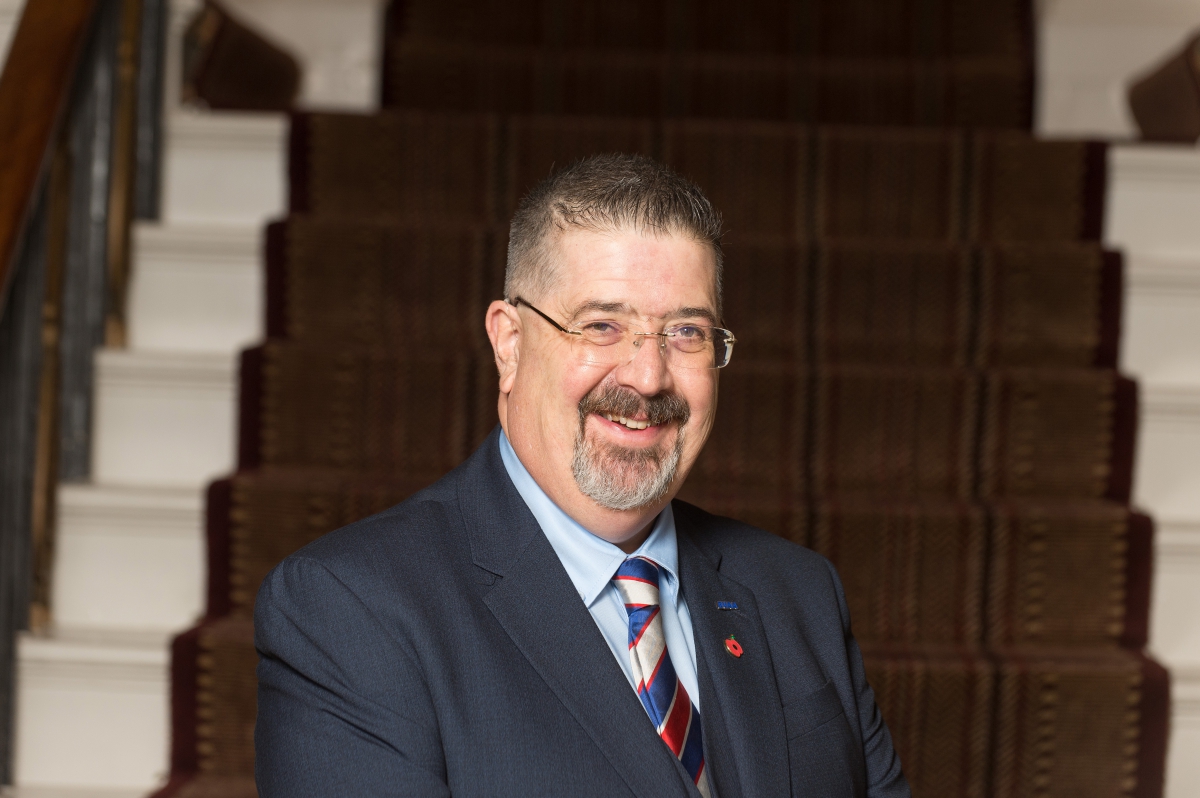Comment by BVAA CEO Rob Bartlett

Could do better
As we draw to the end of January 2021, and international trade has picked up to more normal levels after the Christmas break, we are getting our first real indications of what Brexit has meant for the UK and business, and the valve and actuator industry in particular.
I think a fair synopsis would be the most common remark in my old school reports, ‘could do better.’
‘Could have done better’ might be more appropriate for the negotiators. Like most everyone else I was relieved and thankful when the Brexit deal was announced on Christmas Eve, but being the inveterate cynic that I am, I was sure something unpleasant would come out in the wash. And it has.
Promised ‘tariff free trade,’ what we actually have in many instances, will be the complete opposite. ‘Rules of Origin’ raised their ugly head almost immediately, as did the term ‘bilateral cumulation’.
Now, if you are immersed in international trade, these might be familiar phrases. The fact is for a lot BVAA member businesses, many of which are at the smaller end of the enterprise scale, they’re not in every day parlance, and thus appear fiendishly complicated. And since guidance on exporting was not in the traditional BVAA service portfolio, I can tell you neither phrase was a regular feature of BVAA water cooler chats either. Cue a lot of mugging up. Indeed we were praised one day for our ‘expertise’ on the subject, to which I responded ‘I’m just a week ahead of you on my reading’. It was absolutely true.
What is also true is that both the EU and the UK shot themselves in their own feet with the new arrangements. The trade between the EU and the UK is through closely integrated supply chains, so the new arrangements benefit neither side, and is a sign perhaps of why trade negotiations are traditionally so long-winded. The negotiators messed this one up.
I am confidently predicting ‘Percy Pigs’ will be a phrase in the Oxford English Dictionary at its next review. Their simple example illustrates the befuddling nature of the arrangements. Made in the EU, when imported to the UK, Percy Pig sweets are recognised in bilateral cumulation (‘EU origin’ = ‘UK origin’ and vice versa). So no tariff is paid. But when Marks & Spencer distribute them from their UK central warehouse back to their store’s in Europe, they are subject to a tariff because they haven’t been ‘sufficiently processed’. This despite originating in Europe.
In the case of valves, we are advised that sufficient processing is defined as 50% of their Maximum Value of Non Originating Materials at ex works price (so called MaxNOM 50% EXW) OR a Change of Tariff Sub Heading (CTSH) – this is usually at 4th digit level in the Harmonised System but in valves’ case we’re told this has a concession at the 6th digit level, to allow ‘parts’ to undergo sufficient transformation to become Valves. The parts listed under this particular code 84.81.90 do appear mystifying to a novice however.
Like many trade bodies, BVAA is lobbying hard to get this particular mess sorted out. However depending on the direction of travel, tariffs for valves are typically 2% or 2.2%, so it may be that some exporters decide that the costs of showing compliance aren't commercially worth the effort.

| Telephone: | 01295 221270 |
| Email: | enquiry@bvaa.org.uk |
| Website: | www.bvaa.org.uk |
| More information on the British Valve and Actuator Association BVAA Member Directory Page |
Search related valve / actuator articles: British Valve and Actuator AssociationIssue 59BVAA Comment







-web.jpg)





